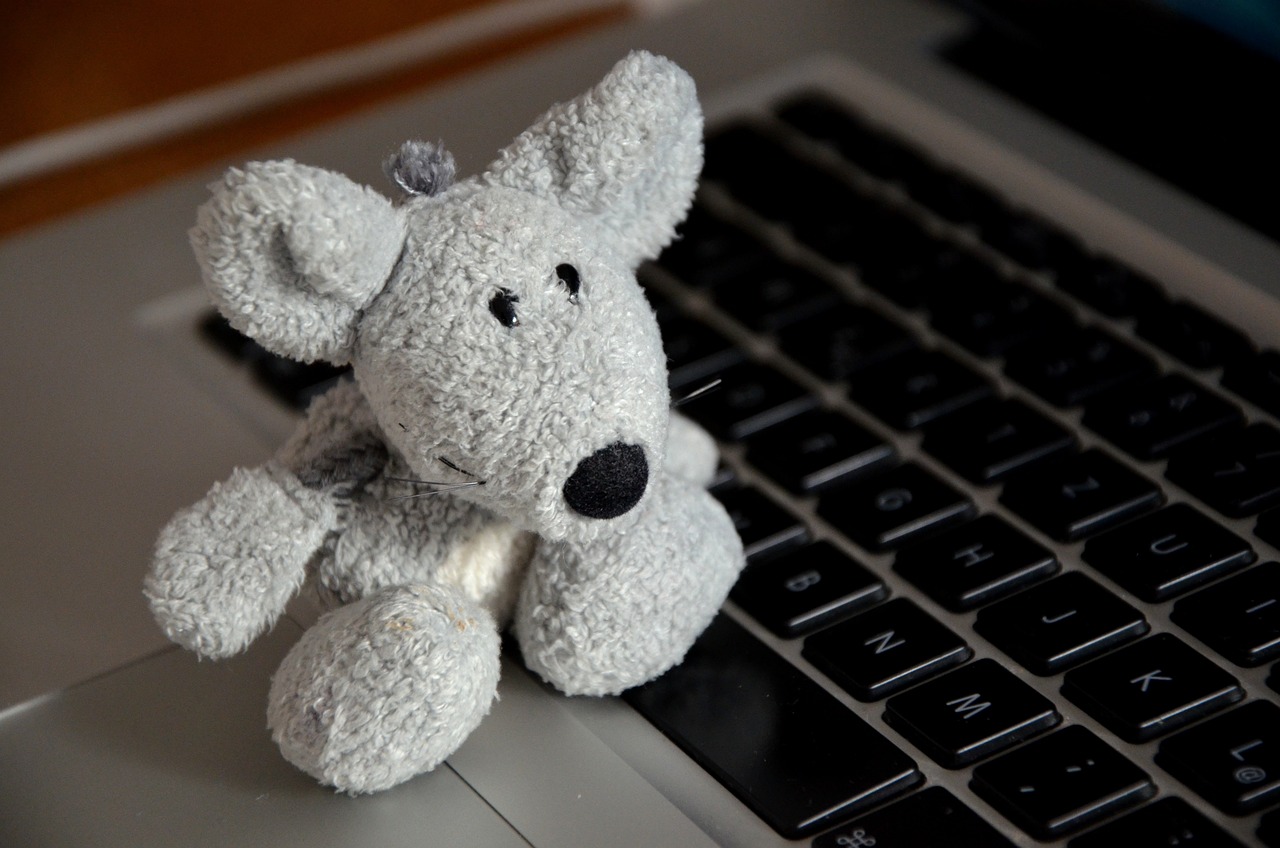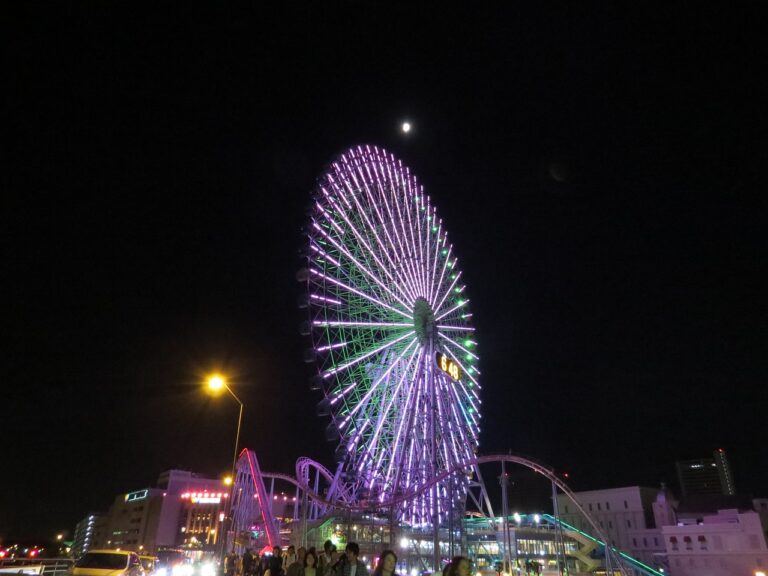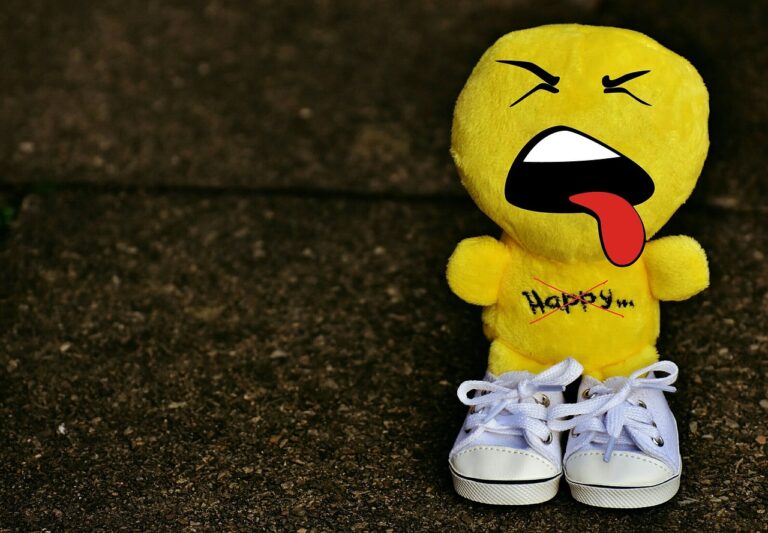Exploring the Role of Historical Reenactments in Political Discourse: 11xplay reddy login password, Diamondexch9 id, Skyexchange id
11xplay reddy login password, diamondexch9 id, skyexchange id: Exploring the Role of Historical Reenactments in Political Discourse
Have you ever attended a historical reenactment? The sight of people dressed in period costumes, reenacting historical events can be both fascinating and thought-provoking. But did you know that historical reenactments also play a significant role in shaping political discourse?
While some may view historical reenactments as mere entertainment, they can serve as powerful tools for educating the public about past political events and ideologies. By bringing history to life, reenactments allow people to better understand the complexities of the past and how they relate to the present.
Here, we will delve into the role of historical reenactments in political discourse and how they can influence public perception and understanding of political issues.
Educating the Public
Historical reenactments provide a unique opportunity for the public to engage with history in a tangible way. By witnessing pivotal moments in history recreated before their eyes, spectators can gain a deeper understanding of the political context in which these events occurred.
Moreover, historical reenactments often involve extensive research and attention to historical detail, ensuring that the portrayal of events is as accurate as possible. This commitment to historical accuracy helps to educate the public about the nuances of past political events and the individuals involved.
Shaping Collective Memory
Historical reenactments have the power to shape collective memory by highlighting certain events or figures from history. By choosing which events to reenact, organizers can influence how these events are remembered and understood by the public.
For example, reenacting the signing of the Declaration of Independence can reinforce the values of democracy and freedom, while reenacting a pivotal battle in a war can emphasize themes of courage and sacrifice. By selectively choosing which events to reenact, organizers can subtly shape public perception of historical events and their significance.
Promoting Dialogue and Debate
Historical reenactments can stimulate dialogue and debate about past political events and their relevance to the present. By bringing history to life, reenactments invite spectators to reflect on the lessons that can be learned from the past and how they can be applied to contemporary political issues.
Moreover, historical reenactments can challenge conventional narratives about history and encourage critical thinking about the complexities of political events. By providing a unique perspective on historical events, reenactments can prompt spectators to question their assumptions and engage in meaningful discussions about the past.
In conclusion, historical reenactments play a crucial role in shaping political discourse by educating the public, shaping collective memory, and promoting dialogue and debate. By bringing history to life, reenactments provide a unique opportunity for spectators to engage with the past in a tangible way and gain a deeper understanding of the complexities of political events.
FAQs
1. Are historical reenactments historically accurate?
Historical reenactments strive to be as historically accurate as possible, with organizers conducting extensive research to ensure authenticity. While some creative liberties may be taken for the sake of entertainment, the goal is to provide an accurate portrayal of past events.
2. How can historical reenactments influence public perception?
Historical reenactments can influence public perception by selectively choosing which events to reenact and how they are portrayed. By highlighting certain events or figures from history, organizers can shape how these events are remembered and understood by the public.
3. What is the significance of historical reenactments in political discourse?
Historical reenactments play a significant role in political discourse by educating the public, shaping collective memory, and promoting dialogue and debate about past political events. By bringing history to life, reenactments invite spectators to engage with the past in a meaningful way and reflect on its relevance to the present.







